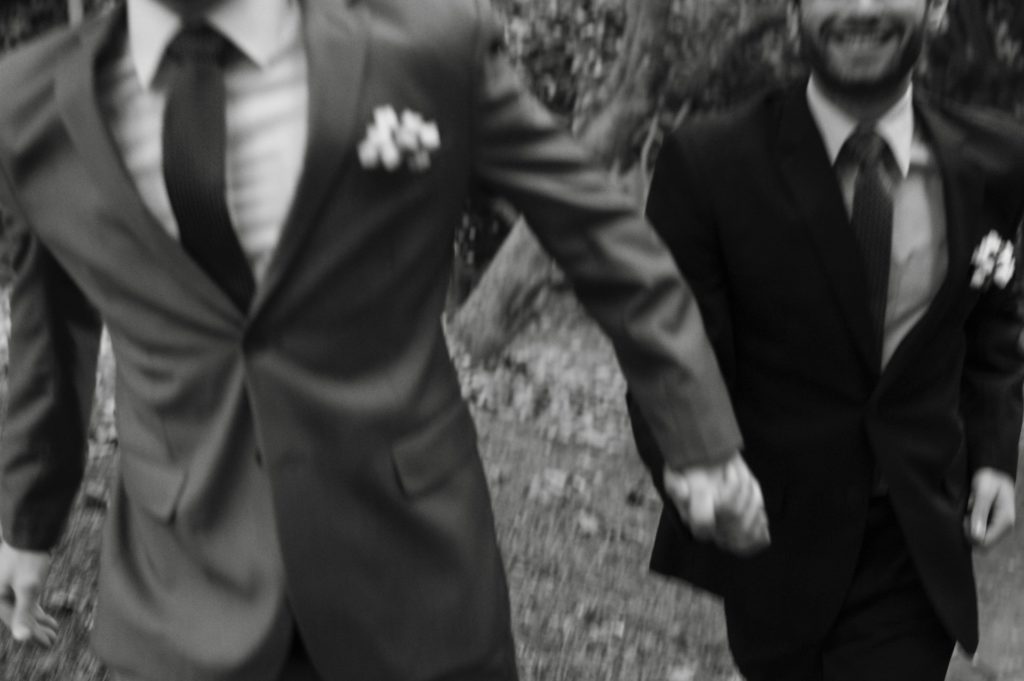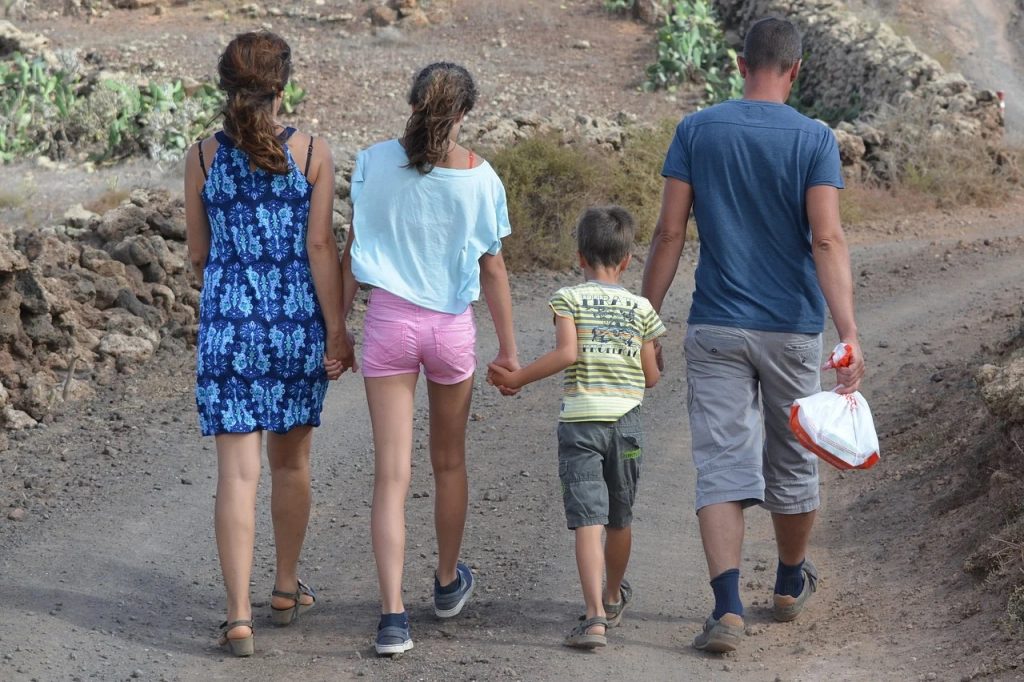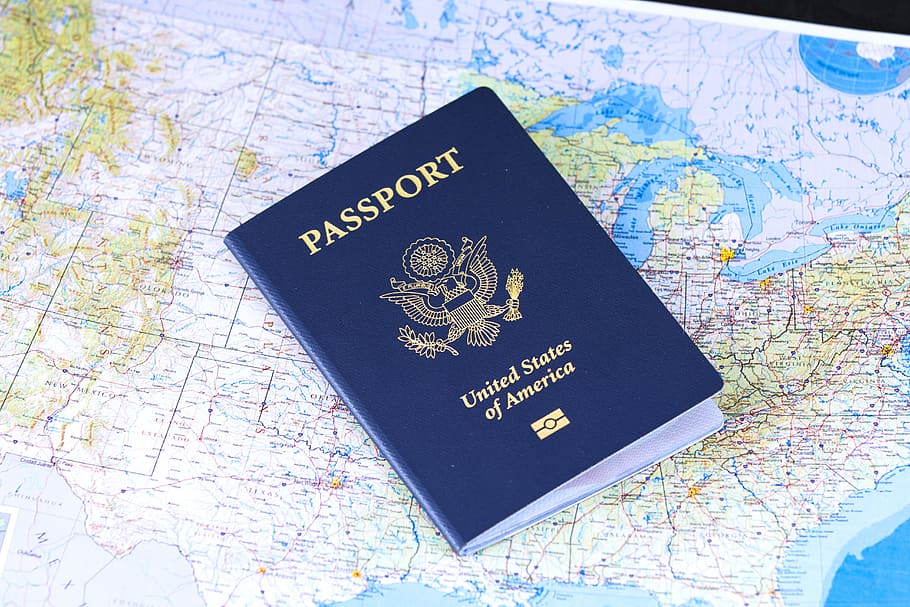Traveling as a queer person isn’t always rainbows and sunshine. This blog is not intended to make you fall into psychosis, to stigmatize a destination, and even less to imply that gays travel differently than straights or that it is absolutely necessary to “flaunt” your sexual orientation abroad. On this subject, everyone does as they wish.
However, when abroad, one can be tempted to act as at home with one’s darling (holding hands, kissing…), even without realizing it, as one is at ease with oneself and has succeeded in overcoming the gaze of others. Nevertheless, not all countries have the same relationship with homosexuality or even show homophobia.
In fact, following these few tips will allow you to leave safely and respect local cultural habits. We also acknowledge that by branding countries as hostile against queer people, we are also playing into neo-colonialist discourse as homophobia is deeply in colonialism and is something that we should forget. So without further ado, let’s dive into this blog and learn some of our advice for traveling as a queer person.
Statistics
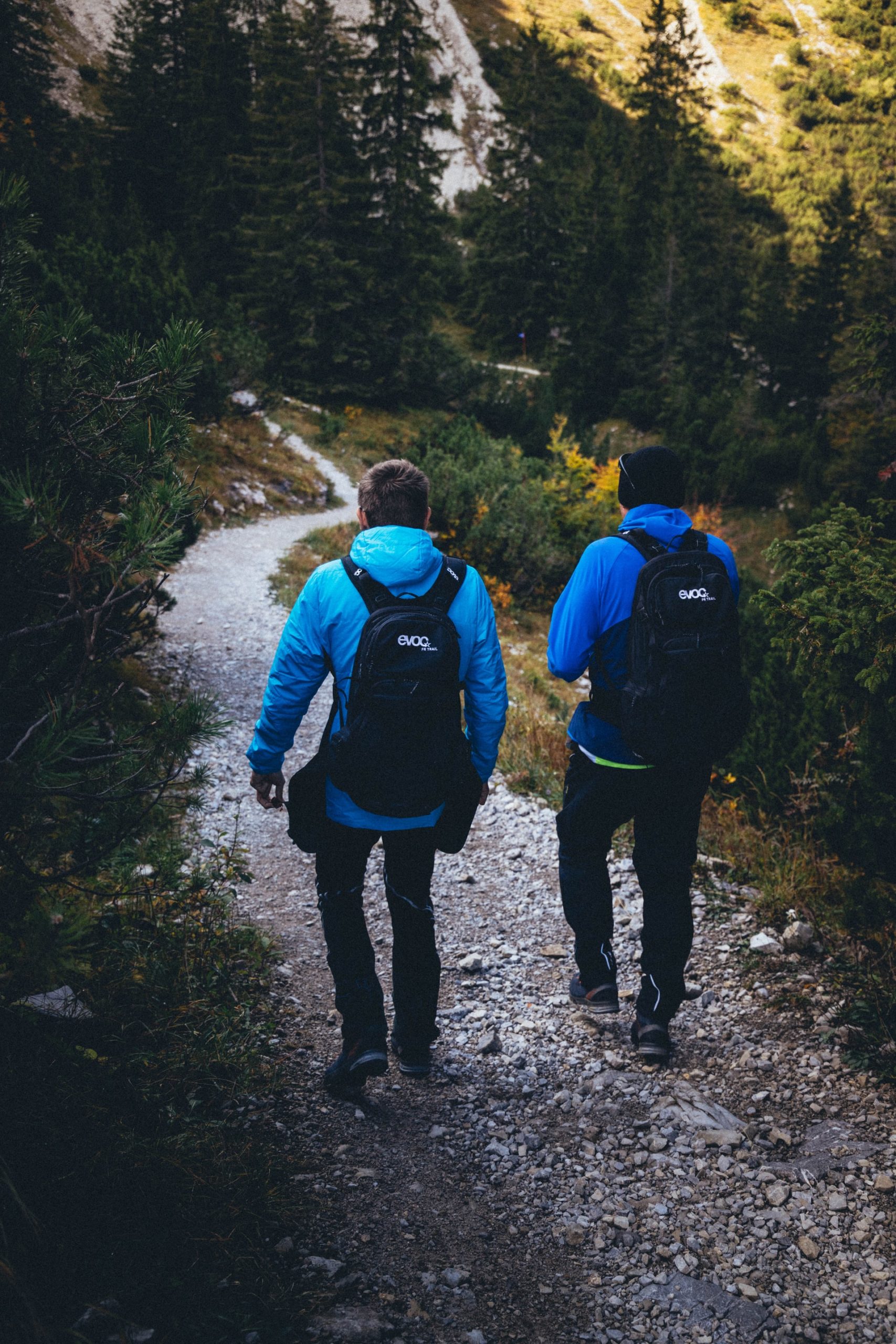
To find out the attitude of countries towards homosexuality, researchers from the Pew Research Center asked participants, “Should society accept homosexuality?” Of this study conducted on 37,650 participants from 39 different countries, the majority of Spaniards (88%) answered in the affirmative, making Spain the most welcoming country for homosexuals.
Not surprisingly, queerness is more accepted in countries where religion is less important. Among the most tolerant countries are Germany (87% positive responses), the Czech Republic and Canada (tied at 80%), France (77%), and the United Kingdom (76%). Moreover, these countries are among the richest on the list.
Conversely, countries that are “poorer” and where religion is central are more resistant to homosexuality. Let’s not forget that this stems from colonialism, as most “poor” countries were rather queer-friendly prior to being colonized. In addition, younger participants have more tolerant views than older ones, and women seem to be more open-minded than men.
In contrast, caution is warranted in countries such as Egypt, Indonesia, Ghana, and Jordan, where the vast majority of the population is strongly hostile to queer people, rejecting it almost unanimously: only 3% of people responded favorably to the question asked. However, this doesn’t mean that queer people in Western countries aren’t prey of hate crimes; this is just what this specific survey found out.
1. PDA
Public Display of Affection (PDA). We are not familiar with this concept in the US because we are used to seeing people (mostly straight) holding hands or kissing. But this cultural habit is not shared everywhere. The notions of modesty, private sphere, relationship to the body, and social conventions vary from one destination to another.
From Asian countries to Anglo-Saxon countries, via Nordic countries, each one has its own rules in this area. It is advisable to know them to unnecessarily shock your hosts or avoid any problems with the authorities. Example: In some Muslim countries, men hold hands. This is a sign of affection and not of homosexuality. On the other hand, it is extremely frowned upon to kiss in public in India or China.
2. Homophobia

Beyond the question of whether or not one can allow oneself a certain closeness with one’s partner during one’s vacation, one must obviously keep in mind that the question does not even arise in certain countries where homosexuality is criminally repressed and where state homophobia is rampant (72 countries in the world). Everyone judges according to his or her own value system and attraction to the country. Hence the question of whether certain destinations should be banned. I will not answer this question.
Nevertheless, refusing to visit such or such a country because it practices a homophobic policy is also associating a whole population with the policy of its country and denying the existence of socio-cultural and human attractions (progressivism, underground environment…). For example, a friend of mine visited Iran for several weeks two years ago, and he has incredible memories of it despite the country’s reputation. According to him, it is even, humanly speaking, his best trip…
3. Dredging or prostitution?
Alone or as a couple, you may want to have all kinds of experiences during your vacations. Nevertheless, be careful! In some countries, travelers (reputed to be rich since they have the means to come on vacation there) are sometimes seen as a way to make money, and not only thanks to the sale of souvenirs. Prostitution exists everywhere and can take many forms.
You don’t need to lock yourself in an “escort bar” to have bad surprises. It is enough to meet someone in the evening, bring him back to the hotel, and be asked (often after the act, which can be a simple massage) for a payment, as if it was obvious. The situation can get out of hand if you refuse. In fact, make sure you know what to expect before you leave!
4. HIV/STI
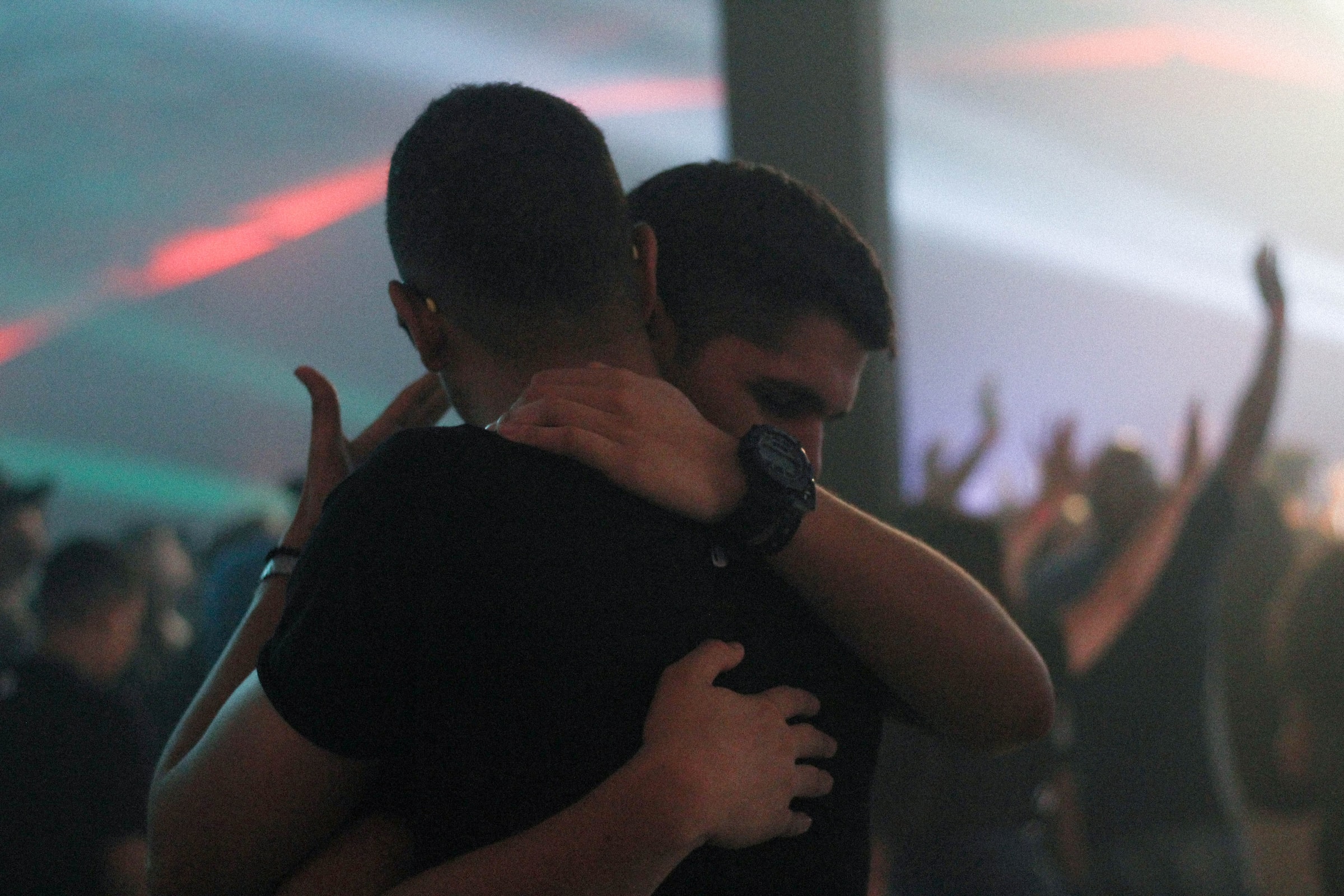
Different countries have different health situations that you need to be aware of in order to have fun without risk. Unfortunately, HIV is still on the rise in many countries, and not only in developing countries. 11 countries prohibit entry to their territory to HIV-positive people. Other STIs can also be contracted abroad, such as syphilis, hepatitis, herpes, and so much more. Moreover, when we are on vacation, euphoric by this moment of relaxation, our safeguards can jump.
We feel good; we want to have fun, meet new people, and be less anxious and even less careful. However, STIs do not take a vacation. Getting information before leaving is already protecting yourself. Remember to bring condoms with you before you leave because you may not be able to find them easily on the spot.
5. Being out
“No, but that’s not right! I’m not going to say I’m gay when I make a reservation! Of course, you don’t have to come out whenever you want to book a hotel room in Krakow or a bungalow in Honolulu. However, be aware that out of habit (or homophobia?), some professionals will put two boys in twin beds rather than a king-size bed.
The easiest way to do this is to announce the color directly; be proud of who you are. In addition, you will avoid unpleasant surprises upon arrival by knowing in advance what you are getting into. Airbnb, for example, requires hosts to sign an anti-discrimination charter that allows travelers to turn against a host with homophobic behavior.
Of course, this is not a panacea, but retaliation is better than impunity. Otherwise, you should know that there is also a gay equivalent to Airbnb: Misterbnb. You will have little chance of running into homophobic individuals. On the other hand, your landlord could well hit you in the eye.
Sound off in the comments section below and tell us what you want to read next and if you want to read more about tips for traveling as a queer person.
